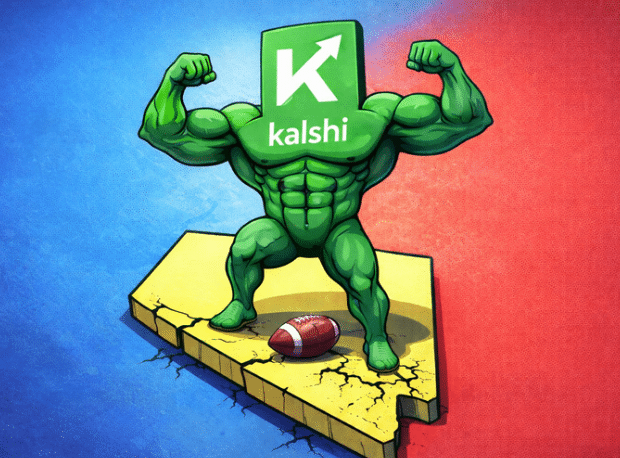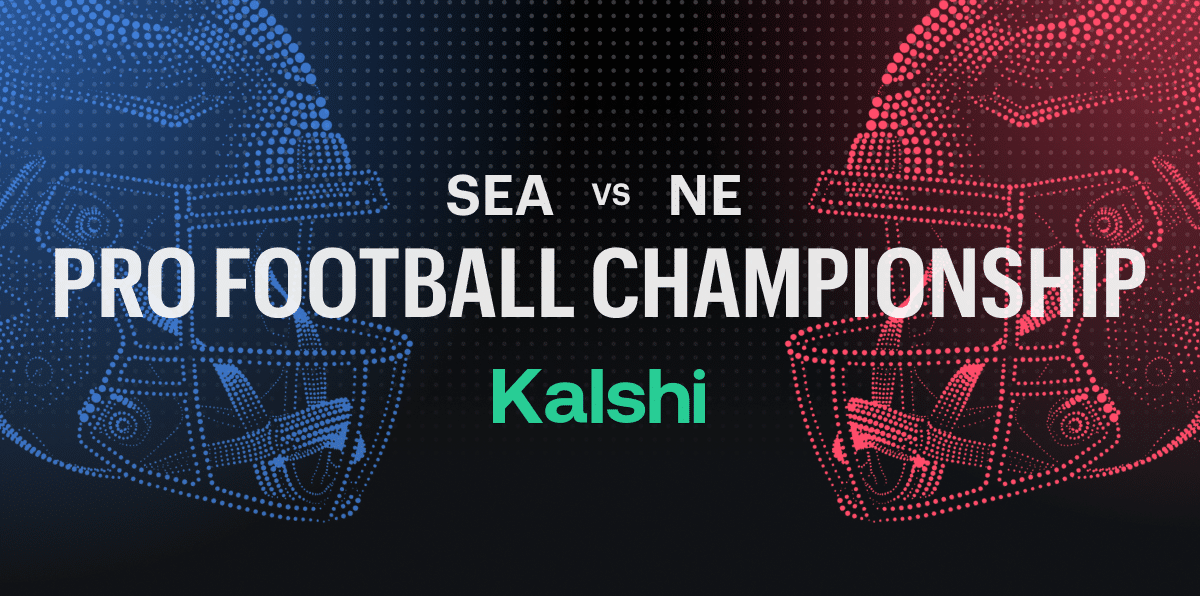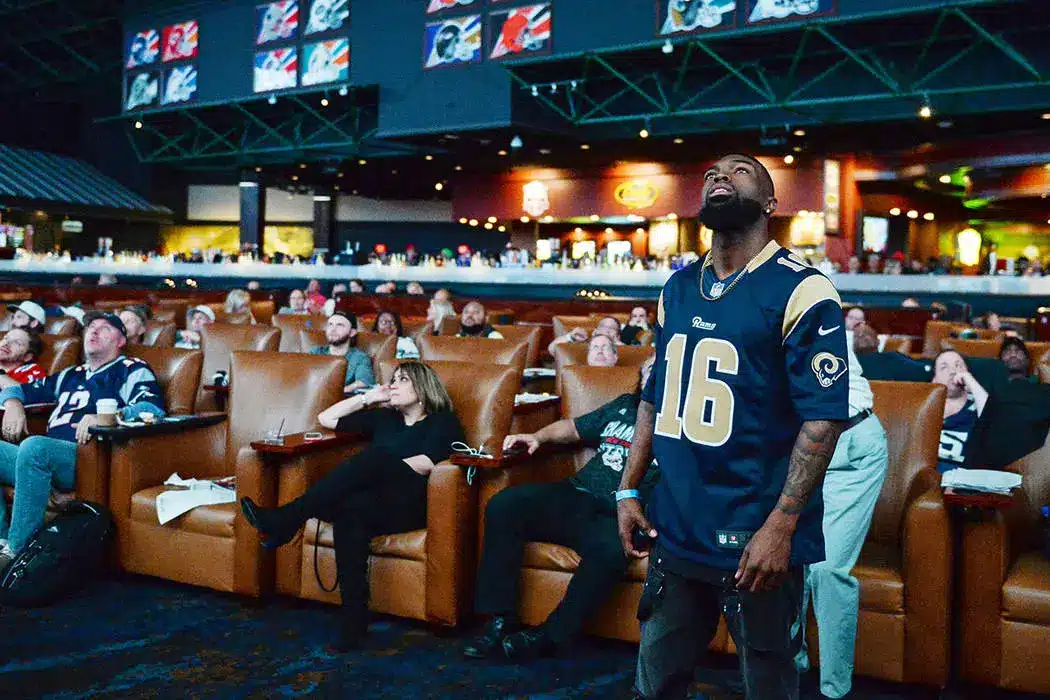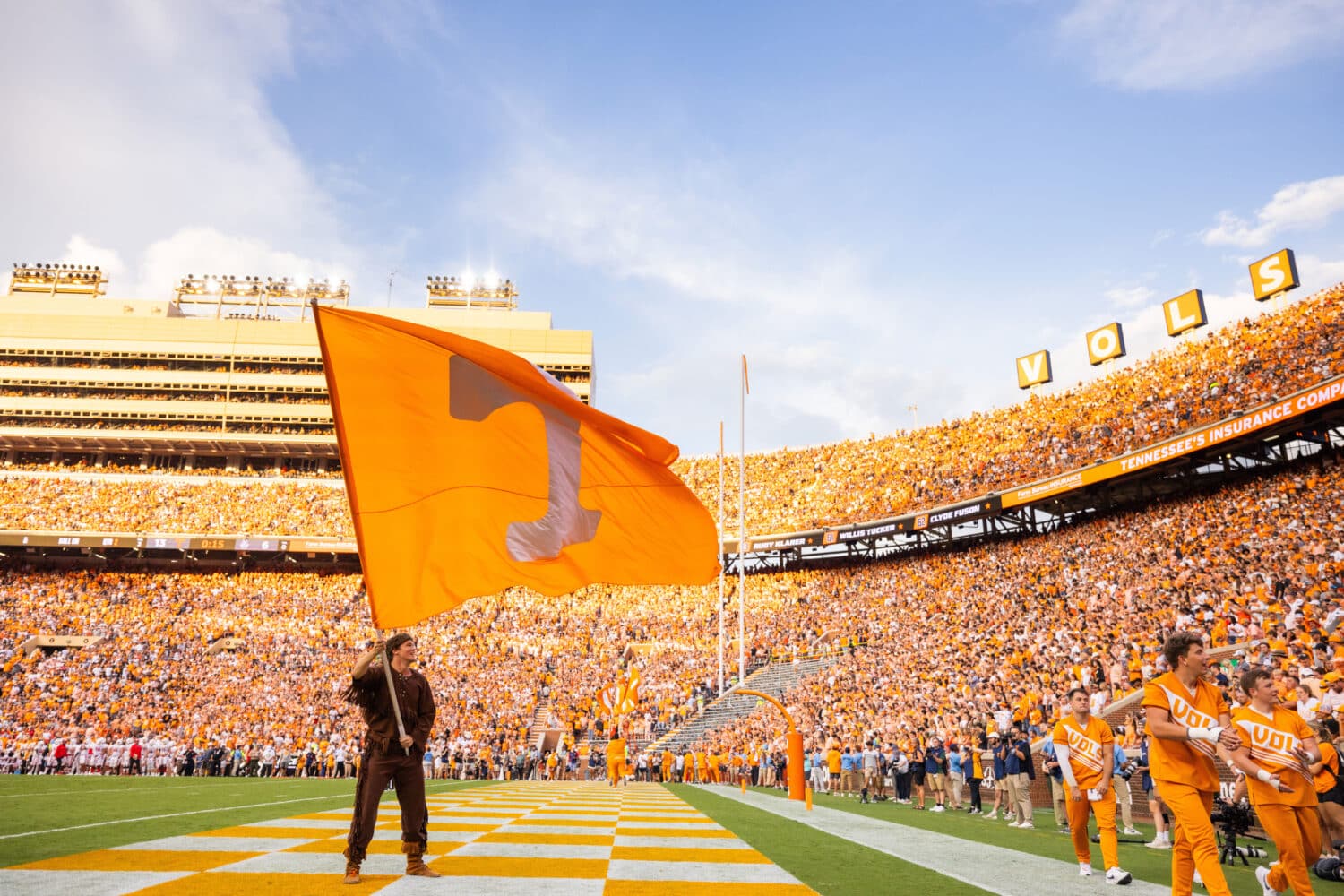
Reviewing Nevada’s self-exclusion gaming laws…
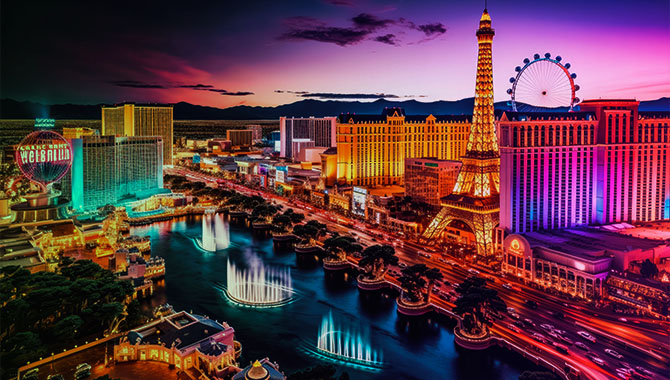
The National Council on Problem Gambling comments on Nevada’s history of gambling without resources for problem gamblers.
September is Responsible Gaming Education Month and Nevada is one of the prime destinations for gaming in the US, but experts have recently commented on the Silver State’s lack of responsible gaming tools and practices. The state has no law allowing either its residents or tourist gamblers to self-exclude from its casinos.
Over 40 states have some form of self-exclusion law or program in place when it comes to casino gambling. The Pennsylvania Control Board reported in July that the state has reached 20,000 voluntary bans since establishing its self-exclusion program in 2006.
Keith Whyte, Executive Director of the National Council on Problem Gambling (NCPG), told the Nevada Current, “Nevada takes a traditional approach – ‘Leave your money here and take your problems back home with you.’ Other states determined they were going to try and do a little better when they brought casinos to their own jurisdictions.”
Gaming America spoke exclusively with Whyte in July about whether self-exclusion programs actually do the job. Overall, Whyte agrees the programs are necessary but have become “customer unfriendly,” with the burden to exclude placed on the individual.
Outside Nevada, 34 jurisdictions require casino or sports betting operators to offer self-exclusion programs, where the length of exclusion can be varied and set by the player. Nevada has self-exclusion regulation only for online gambling, but not for players at physical casinos.
Operators are mandated by 21 jurisdictions other than Nevada to submit a responsible gaming plan, including approaches to employee training and public awareness. A further 31 jurisdictions also require signage and responsible gaming information, such as counselling hotlines, to be disclosed, but Nevada is included in this display legislation.
The NCPG recommends that states invest in funding for problem gambling services accordance with the size of the state’s gaming industry. Nevada spent $0.40 per capita on problem gambling treatment and funding in 2022, while the state brought in a gaming revenue of $14.8bn that year.
Tags/Keywords
Players trust our reporting due to our commitment to unbiased and professional evaluations of the iGaming sector. We track hundreds of platforms and industry updates daily to ensure our news feed and leaderboards reflect the most recent market shifts. With nearly two decades of experience within iGaming, our team provides a wealth of expert knowledge. This long-standing expertise enables us to deliver thorough, reliable news and guidance to our readers.


